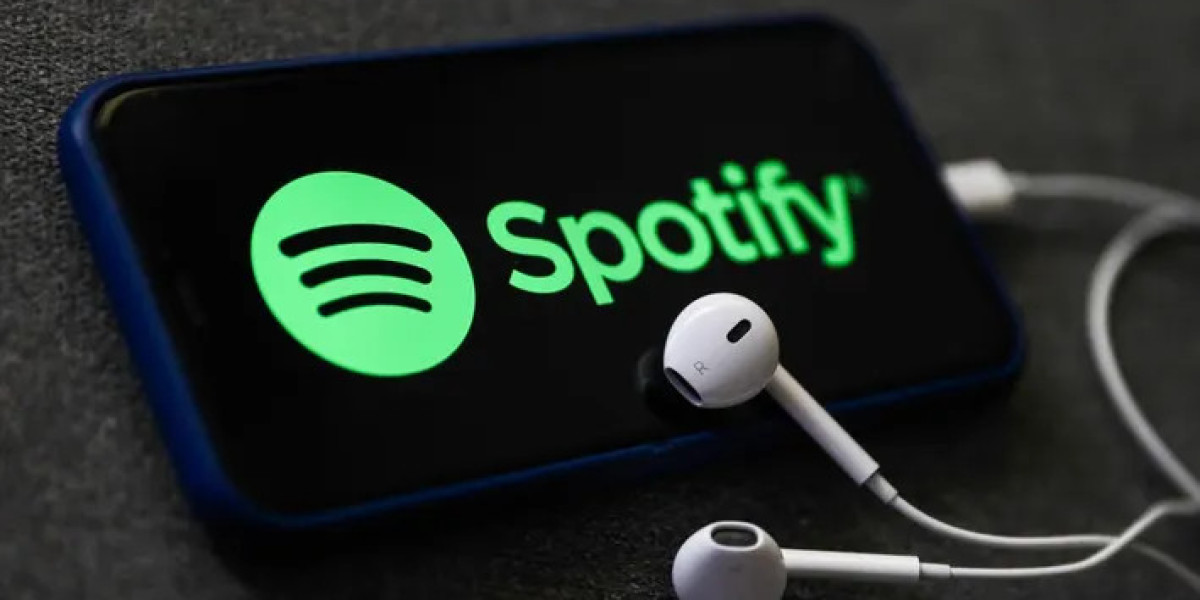With the music industry witnessing over $40 billion in payouts from Spotify alone, the platform aims to direct an additional $1 billion towards artists who rely on streaming revenues for their livelihoods. By tackling issues such as artificial streaming, small payment distribution inefficiencies, and the exploitation of noise recordings, Spotify is ushering in a new era of fairness and transparency in the digital music landscape.
In its quest to empower artists and promote fairness in the music industry, Spotify is unveiling a series of initiatives aimed at modernizing its royalty system. With streaming revenues soaring and the platform's catalog expanding exponentially, it's imperative to address challenges that undermine the livelihoods of artists, especially those in the emerging and professional categories.
One of the primary issues Spotify is tackling is artificial streaming, where bad actors attempt to manipulate the system for financial gain. To deter such practices, Spotify will implement charges for labels and distributors found guilty of flagrant artificial streaming. This move is backed by enhanced detection technology and collaboration with industry partners through the Music Fights Fraud Alliance. By disincentivizing the distribution of music from known bad actors, Spotify aims to safeguard the integrity of its platform and ensure that honest, hardworking artists receive their fair share of royalties.
Another critical area of focus is the distribution of small payments that often go unnoticed or unclaimed due to minimum withdrawal thresholds and transaction fees. By raising the bar for track monetization eligibility, Spotify intends to redirect tens of millions of dollars annually towards artists who meet the 1,000 streams threshold. This shift ensures that the revenue pool is allocated more meaningfully, benefiting artists who depend on streaming income.
Moreover, Spotify is addressing the issue of noise recordings, which have been exploited to maximize royalty-bearing streams unfairly. By implementing new policies, including increasing the minimum track length for functional noise recordings to two minutes and reevaluating the valuation of noise streams, Spotify aims to level the playing field for artists and curb the proliferation of low-quality noise content flooding the platform.
These proactive measures not only promote fairness and transparency but also foster a thriving ecosystem where artists can thrive based on merit and genuine audience engagement. By driving an additional $1 billion towards emerging and professional artists over the next five years, Spotify reaffirms its commitment to supporting the creative community and reshaping the future of music streaming for the better.








